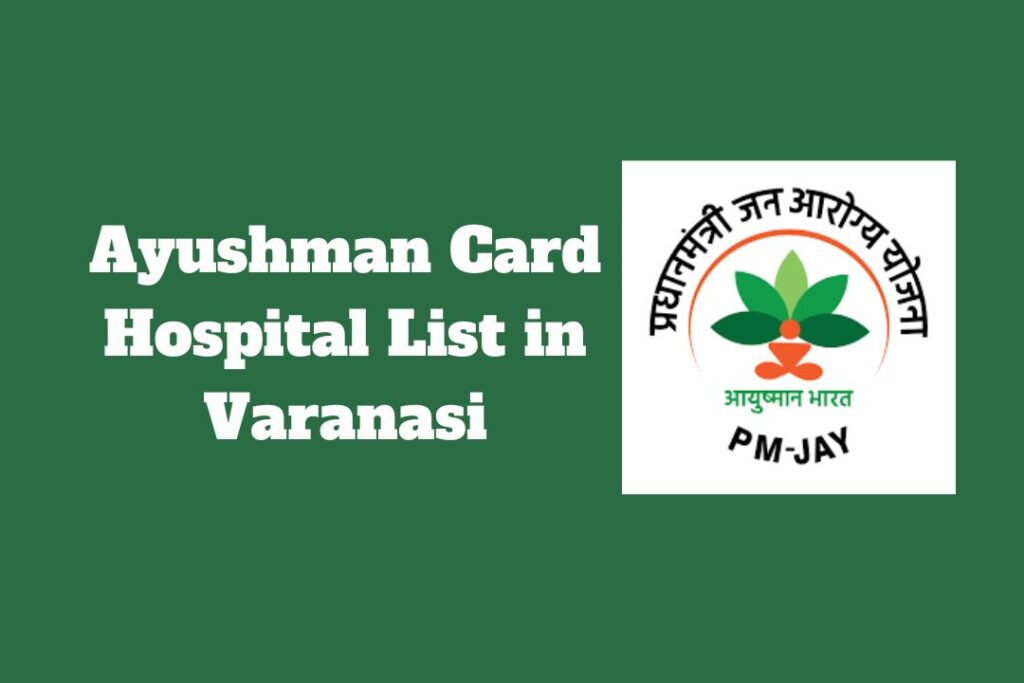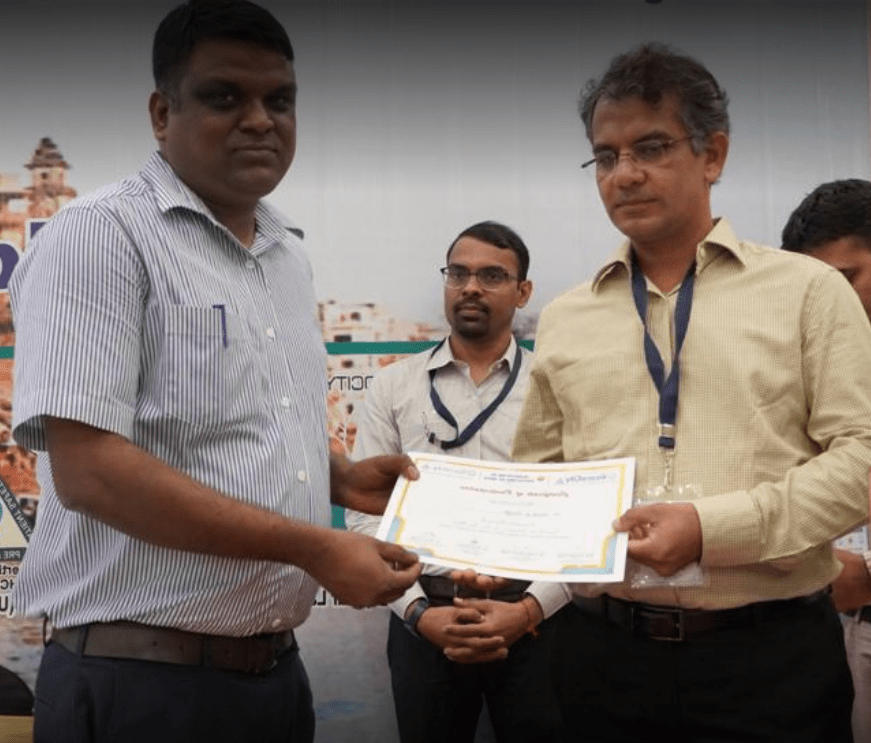Brain surgery is a life-changing event, and the recovery process requires patience, care, and professional guidance. Leading neurosurgeons, including Dr. Nandji Singh from Georgian Super Speciality Hospital, Dr. Deepika Joshi from BHU Hospital, Dr. Vivek Sharma, Dr. S.K. Poddar, and Dr. Rakesh Singh, share valuable insights on post-surgery recovery.
Understanding Brain Surgery Recovery
Brain surgery affects various functions, including movement, speech, and cognition. The recovery period varies for each patient depending on the type of surgery, overall health, and post-operative care.
Tips from Neurosurgeons for Post-Surgery Recovery
1. Follow Medical Advice Strictly
- Dr. Nandji Singh emphasizes the importance of adhering to prescribed medications and follow-up appointments.
- Avoid self-medication, as it can interfere with the healing process.
2. Maintain Proper Rest and Sleep
- Dr. Deepika Joshi recommends sleeping at least 7-9 hours daily to aid brain recovery.
- Avoid overexertion and allow your brain ample time to heal.
3. Nutrition and Hydration
- Dr. Vivek Sharma suggests a balanced diet rich in antioxidants, omega-3 fatty acids, and vitamins to support brain function.
- Drink plenty of water to stay hydrated and reduce the risk of complications.
4. Physical Therapy and Rehabilitation
- Dr. S.K. Poddar advises engaging in guided physiotherapy sessions to regain motor skills and balance.
- Gentle exercises, such as walking and stretching, can prevent stiffness and improve circulation.
5. Cognitive and Mental Health Support
- Dr. Rakesh Singh stresses the importance of cognitive rehabilitation, including memory exercises and problem-solving activities.
- Seek support from family, therapists, or support groups to manage emotional well-being.
Common Challenges During Recovery
1. Fatigue and Weakness
- It is normal to feel tired; rest and gradually increase activity levels.
2. Memory and Concentration Issues
- Engage in brain-training exercises such as puzzles and reading.
3. Emotional Changes
- Mood swings and depression can occur; seek professional help if needed.
4. Headaches and Sensory Changes
- Avoid bright lights and loud noises, and take pain medication as prescribed.
Frequently Asked Questions
1. How long does recovery take after brain surgery?
Recovery time varies but can range from a few weeks to several months, depending on the complexity of the surgery.
2. When can I return to work after brain surgery?
Dr. Deepika Joshi suggests waiting at least 6-8 weeks before resuming work, depending on individual recovery.
3. Can I exercise after brain surgery?
Dr. S.K. Poddar recommends light exercises after consulting your doctor, avoiding strenuous activities initially.
4. What foods help brain recovery?
Dr. Vivek Sharma advises consuming foods rich in omega-3, protein, and vitamins, such as fish, nuts, and leafy greens.
5. Is memory loss common after brain surgery?
Yes, temporary memory issues can occur, but cognitive therapy and mental exercises can aid recovery.
Conclusion
Recovery after brain surgery requires patience, proper care, and expert guidance. By following the tips provided by leading neurosurgeons, patients can enhance their healing process and improve their quality of life. If you need specialized care, consult Dr. Nandji Singh at Georgian Super Speciality Hospital or other top neurosurgeons in Varanasi.
For appointments, contact Georgian Super Speciality Hospital at 79915 08183.


